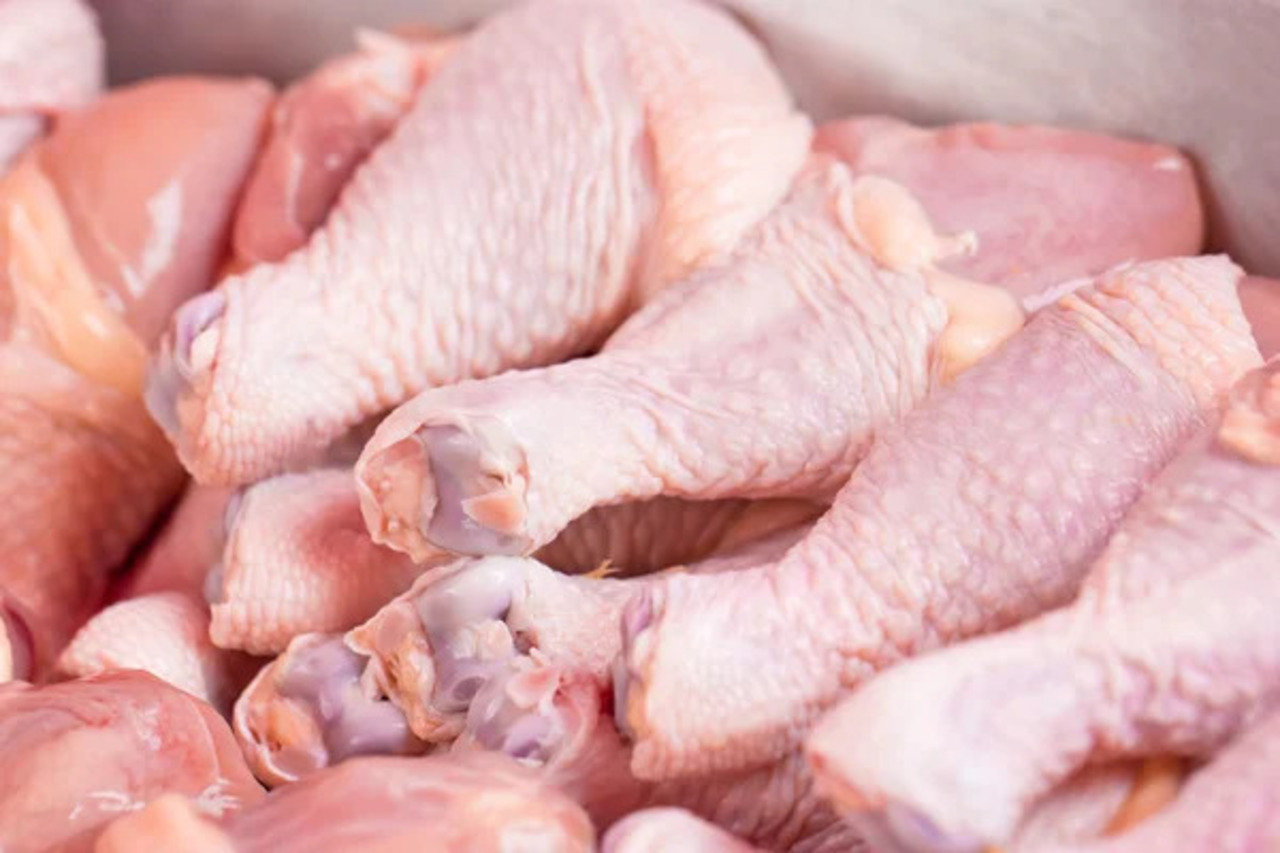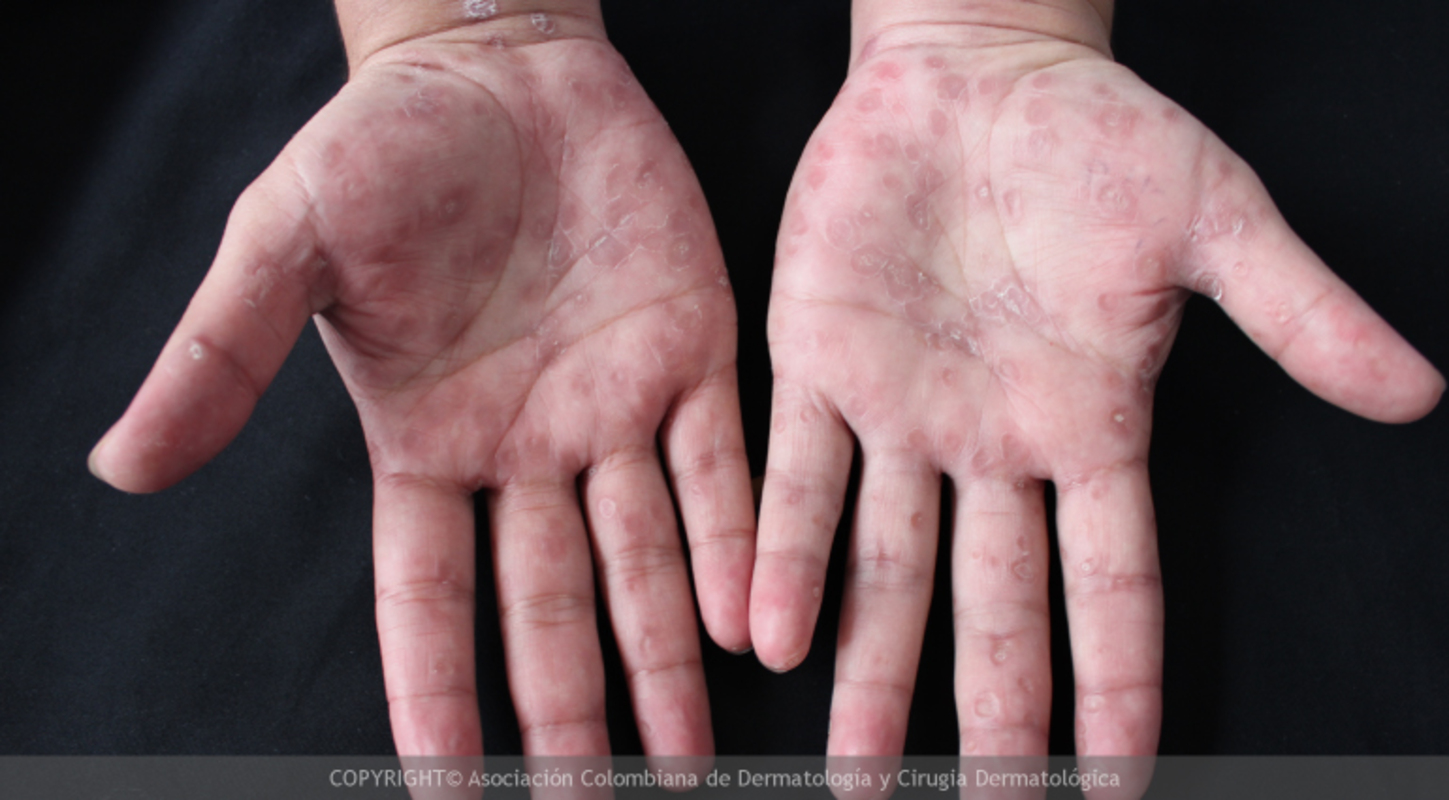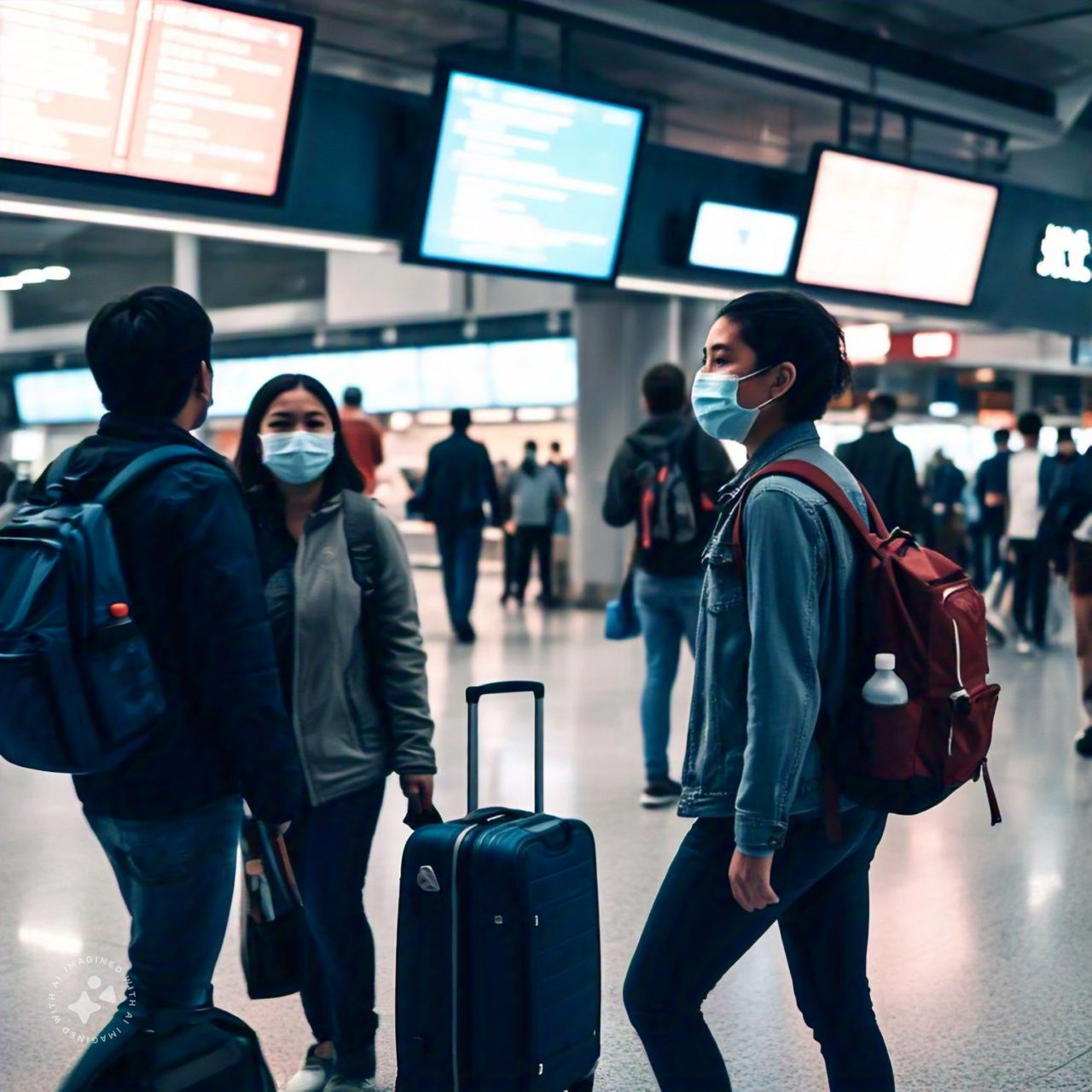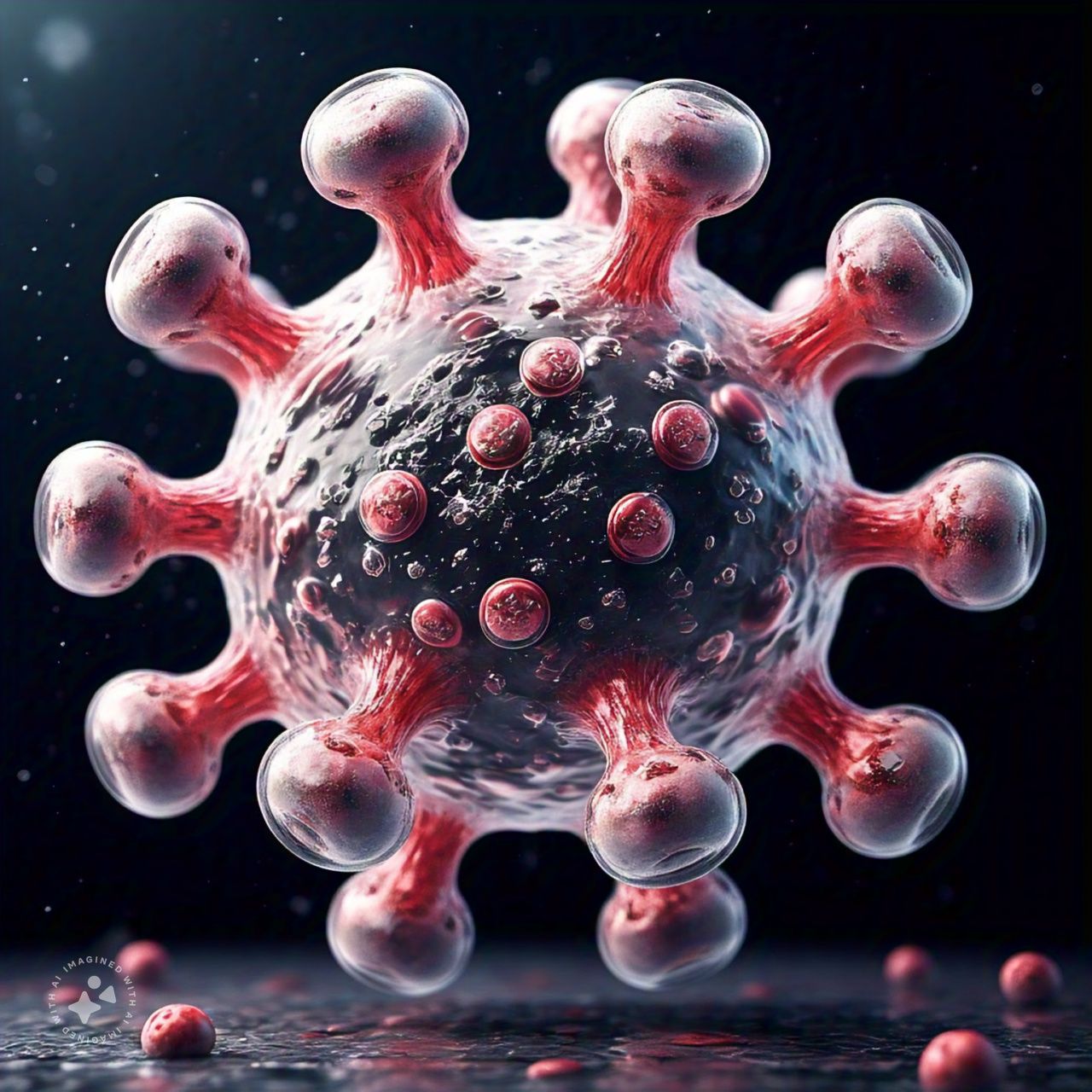
Fecal Contamination in Products Like Chicken and Turkey is Very common, Believe it or Not.
Fecal contamination in poultry products, such as chicken and turkey, is a significant source of pathogens that can affect human health.
Fecal Contamination in Poultry Products: A Significant Health Risk
Fecal contamination in poultry products, such as chicken and turkey, is a significant source of pathogens that can affect human health. During slaughter and processing, contact with feces can introduce harmful bacteria into the meat, including Salmonella, Escherichia coli (E. coli), and Listeria monocytogenes.
How Contamination Occurs
Fecal contamination can happen at various stages of poultry processing:
- Slaughter and Evisceration: The rupture of the intestinal tract during evisceration can release fecal matter, contaminating the carcass and processing equipment.
- Scalding and Plucking: Scalding in contaminated water and plucking can facilitate the transfer of fecal bacteria between carcasses.
- Chilling: The use of chill tanks with contaminated water can spread pathogens to multiple carcasses.
Common Pathogens and Affected Groups
The main pathogens associated with fecal contamination in poultry products include:
- Salmonella spp.: Causes salmonellosis, with symptoms like diarrhea, fever, and abdominal cramps.
- Escherichia coli: Some strains, such as E. coli O157:H7, can cause severe diarrhea and kidney damage.
- Listeria monocytogenes: Leads to listeriosis, a severe infection that primarily affects pregnant women, newborns, the elderly, and immunocompromised individuals.
While the general population is at risk, vulnerable groups such as young children, the elderly, and immunocompromised individuals are more susceptible to severe infections.
Prevention Measures
To minimize fecal contamination in poultry products, the following practices are recommended:
- Good Manufacturing Practices (GMPs): Implement strict hygiene protocols at all stages of processing to reduce cross-contamination.
- Employee Training: Ensure workers are trained in proper evisceration techniques and carcass handling to prevent intestinal rupture.
- Pathogen Monitoring and Control: Conduct regular microbiological testing to detect and manage the presence of pathogens in products and equipment.
- Proper Cooking: Cook poultry to a safe internal temperature (at least 165°F/74°C) to eliminate harmful bacteria.
- Avoid Cross-Contamination: Use separate utensils and surfaces for raw and cooked meats and practice proper hand hygiene.
Implementing these measures is essential for ensuring food safety and protecting public health. Collaboration among producers, processors, and consumers is crucial to reduce the incidence of foodborne illnesses associated with fecal contamination in poultry products.











LEAVE A COMMENT:
Join the discussion! Leave a comment.